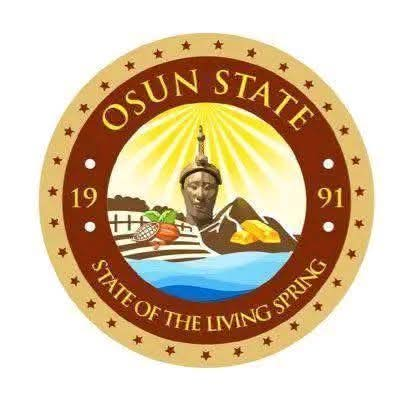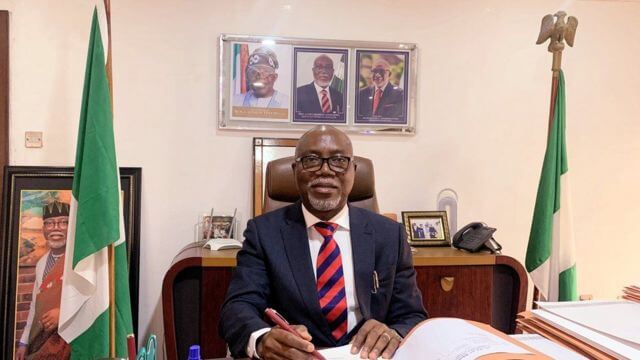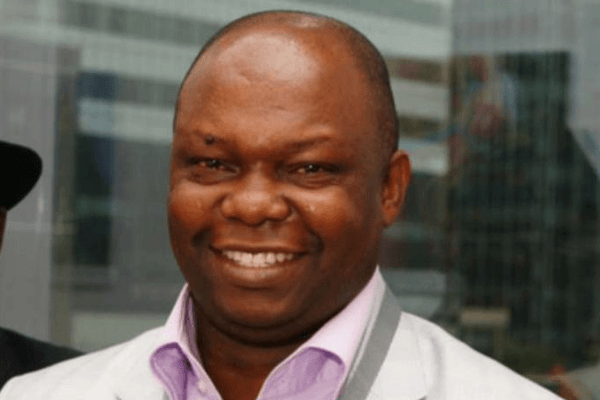Emerging Economies across the would especially countries across sub sahara Africa have always had a date with debt servicing. And this alone is causing a huge deficit to their domestic fiscal policies. A situation that many of this emerging economies work through tight measure’s to ensure adequate budget in a fiscal year. For instance, African countries debt profiles read in hundred of billions of dollars. In addition to the burden of servicing such debt that had in recent times brings this economies to there knees. A scary example of debt crisis ridden country is Sri Lanka,our close neighbour Ghana, is seeking for debt restructuring.
Regrettably, Nigeria is one of such country that is struggling year in, and year out. Held backward by the syndrome called debt servicing that runs into trillions of naira. With an hindsight in the last 7 years Nigeria’s debt servicing payment as gone upward above N16 trillions. This figure is from the Debt Management Office (DMO) as of June this year 2022. Expressly, our total national debts stood at N42 trillion at the end of August 2022. One may wonder why all this big figure in debt and no meaningful benefits to Nigerians. The reality is very obvious and staggering to behold.
Nevertheless, here we are again 2023 Budget of N20.51 trillion is placed before National Assembly for Appropriation. And a sum of N6.31 trillions is therein for ‘Debt Servicing’. However analysts have always feared, that with the current debt status,the economy is finally on a fiscal cliff. Sadly, for the coming year 2023 budget about 65 per cent of expected revenues is to service debt.
Meanwhile the Annual Meetings of the Boards of Governors of the International Monetary Fund (IMF) and the World Bank Group (WBG) that bring together central bankers, ministers of finance and development, parliamentarians, private sector executives, representatives from civil society organizations and academics to discuss issues of global concern, including the world economic outlook, poverty eradication, economic development, and aid effectiveness. Just ended over the weekend in Washington D.C United of America.
At this year IMF/World Bank spring meeting, the Nigeria delegation. Lead by
Minister of Finance, Budget and National Planning, Zainab Ahmed. According to media report, Zainab Ahmed and the federal government delagation that also includes the CBN Governor Godwin Emefiele engage the Bretton Wood institutions on debt restructuring for the country. This is a strategic focus on the part of the Federal Government to explored debt restructuring relief and options.
In the word of Minister of finance” We have been engaging financial institutions to look at the opportunity to restructure our debt to further stretch the debt service period to give us more fiscal relief. Those are some of the things we want to achieve in this meeting,”
Interestingly, President Muhammadu Buhari had at the United Nations General Assembly in September sought the assistance of world leaders in considering granting debt relief or outright cancellation to developing countries.
Instructively, it is a fact that Nigeria’s debt has increased over the last 7 years and this increase in debt. Painfully, our is not just occasioned by the different kinds of exogenous shocks that the country faced, rather poverty of leadership vision and foresight is also responsible. As Nigeria suffered from an ‘elite bargain ‘ crisis. Nonetheless, we cannot also rule out the greed of global financial capitalist’s and monetarist proclivity for raising interest rate. Unfortunately,this as increased the cost of debt servicing.
Without mincing word, debt is a big problem to Nigeria’s economy. And a clear indication of it is that, it is a
systemic and institutional problem.
That requires an urgent attention, off which debt relief or restructuring of it through pragmatic negotiations cannot be overemphasis. For us, any decision taken to achieve debt relief,and more more towards macroeconomic stability is welcome.
Going forward,we expect the governments to be prudent and spend public resources for the greater need of the people. Piling up debt with the excuse of we are yet to borrow up to 30% of GDP. Or on the guises of the failing neoliberal orthodox economics statically mathematics of GDP to debt ration calculation. By our uncritical policymakers must stop.
We have recognise that we live in an economic turbulent times. Passionately, our call is to the Nigerian state manager’s to appreciate the importance of social contracts binding them to citizens. That demands mutual expectations of thorough macro-prudential policies, visionary and pragmatic to address our development challenges without burden us with debt
*Adefolarin A. Olamilekan is a Political Economist .He can be reached via:
Email: adefolarin77@gmail.com
Tel: 08107407870,08073814436





